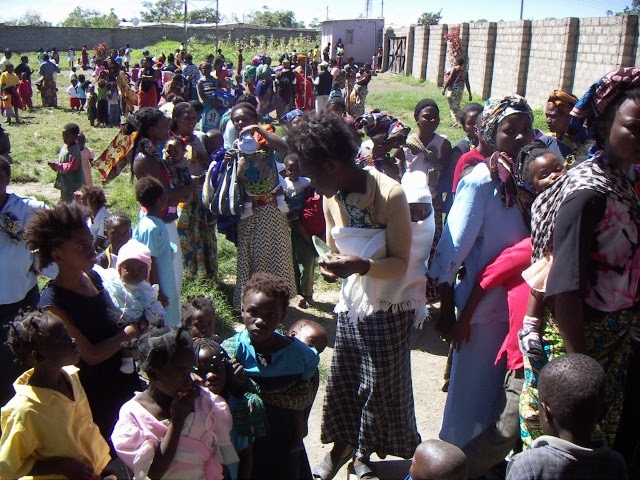On December 16, JCIE and the government of Japan held a conference on universal health coverage (UHC) and the new development agenda. The JCIE Global Health Special Series comprised four blogs that ran from December 12—also known as “UHC Day”—up until the start of the conference. This is the second of those blogs.
As the international community is getting ready to enter a new era of development with the official launching of the 2030 Agenda for Sustainable Development in January, this year’s UHC Day is particularly significant given the emphasis on health for all in the 2030 Agenda. While the world debates the best way to achieve UHC globally, another framework—human security—offers some useful guiding principles.

Japan has promoted human security as a pillar of its foreign policy since 1998 and eventually enshrined it in its Official Development Assistance Charter in 2003. In 2010, the Pan American Health Organization (PAHO/WHO) adopted a resolution to promote analysis of the concept of human security and its relationship with health, with a view to incorporating the human security concept into country health plans. The Japan Center for International Exchange and PAHO/WHO have been working together since 2011 to identify practical ways of implementing human security principles in the health field, and our findings will be published as a guide on health and human security in early 2016. The following are three recommendations from that study for incorporating human security into UHC implementation plans:
- Engage those population groups that are subject to conditions that place them at the highest levels of vulnerability and involve them in processes to identify needs and resources, and to design, implement, and evaluate programs that affect their health: True health coverage requires breaking down barriers that populations experiencing the greatest vulnerability face in accessing services, as they are the ones who have the best understanding of those barriers and the complex ways in which they affect access. They are also the ones who have the best understanding of what resources they possess that could help them access appropriate, context-specific, and prevention-oriented services.
- Create more synergy between protection and empowerment: Governments at all levels have a responsibility to protect their constituents, including ensuring that they have access to crucial health services. At the same time, individuals and communities have a responsibility to adopt practices that are conducive to good health. More synergy between those protection and empowerment functions would help create an environment more conducive to health at the individual and community levels.
- Recognize the inter-linkages among various threats and the ways in which they interact to affect the way that people experience vulnerability on a daily basis: Health does not exist in a vacuum; rather it affects and is affected by many other aspects of people’s lives, such as poverty, education, inequality, violence, and environmental degradation. Gains in the health field will not be sustainable without improvements in education, safety, and environmental protection. Similarly, any gains in poverty reduction will be temporary if health challenges are not addressed at the same time. The Sustainable Development Goals in the 2030 Agenda are an attempt to address the full spectrum of challenges facing communities around the world, but it is not yet clear how much integration there will be among the approaches to the various goals.
None of these are new ideas, but they are unfortunately absent from many—though certainly not all—of our existing global health mechanisms. If UHC is going to be successful at achieving its ultimate goal of healthier people everywhere, this human security framework should be integrated into our planning going forward.
Dr. Marcelo Korc is an advisor on sustainable development and human security for the Pan American Health Organization (PAHO/WHO). Susan Hubbard is a senior associate at the Japan Center for International Exchange (JCIE/USA).
JCIE Global Health Special Series
Lessons from Japan on Universal Health Coverage, Susan Hubbard, JCIE/USA (December 12, 2015)
Are Disease-Specific Approaches Compatible with the Goal of Achieving Universal Health Coverage?, Maya Wedemeyer, JCIE/USA (December 14, 2015)
Lessons from Japan’s “T-Shaped” Approach to TB, Keizo Takemi, Member, House of Councillors of Japan (December 15, 2015)


